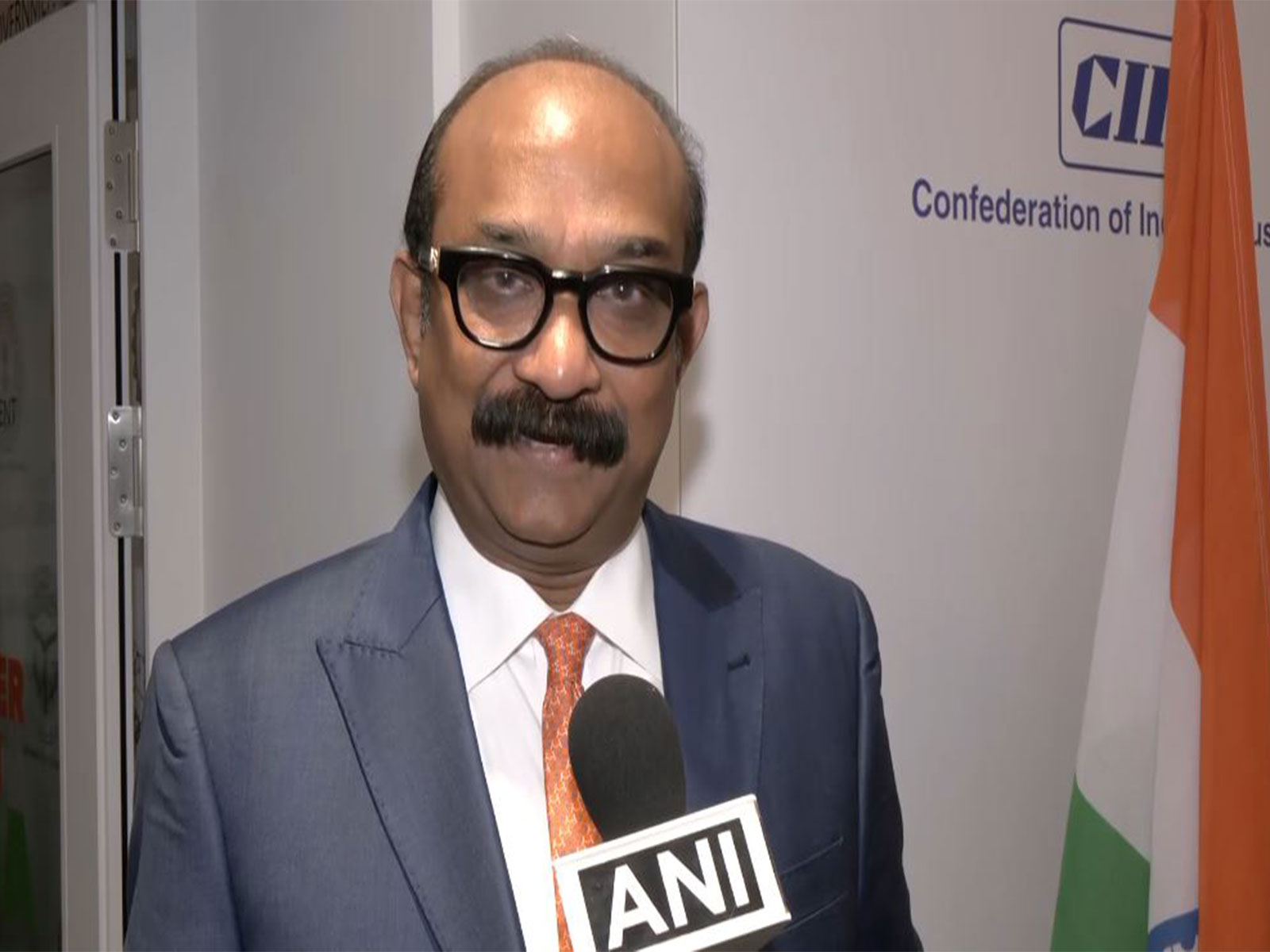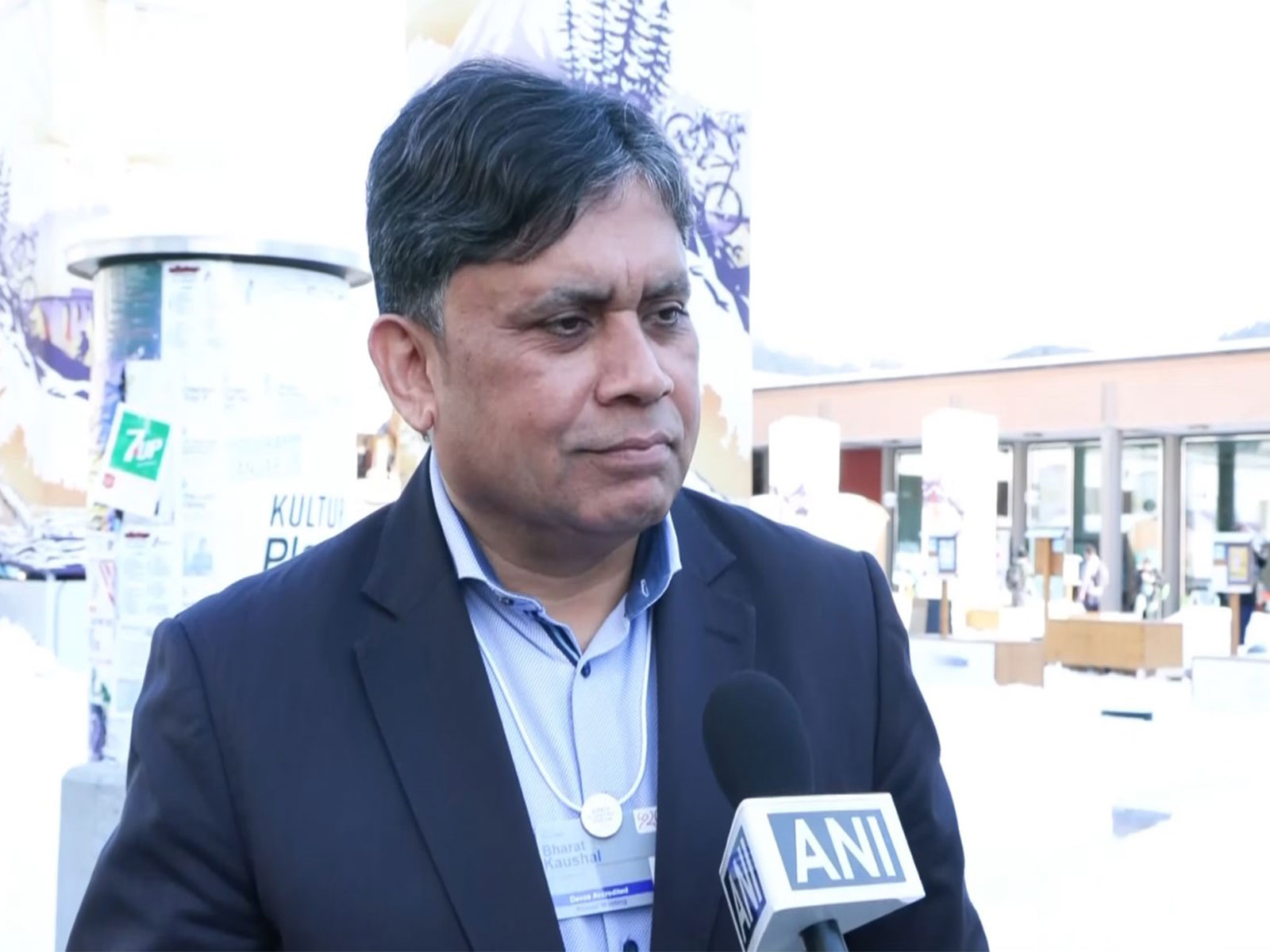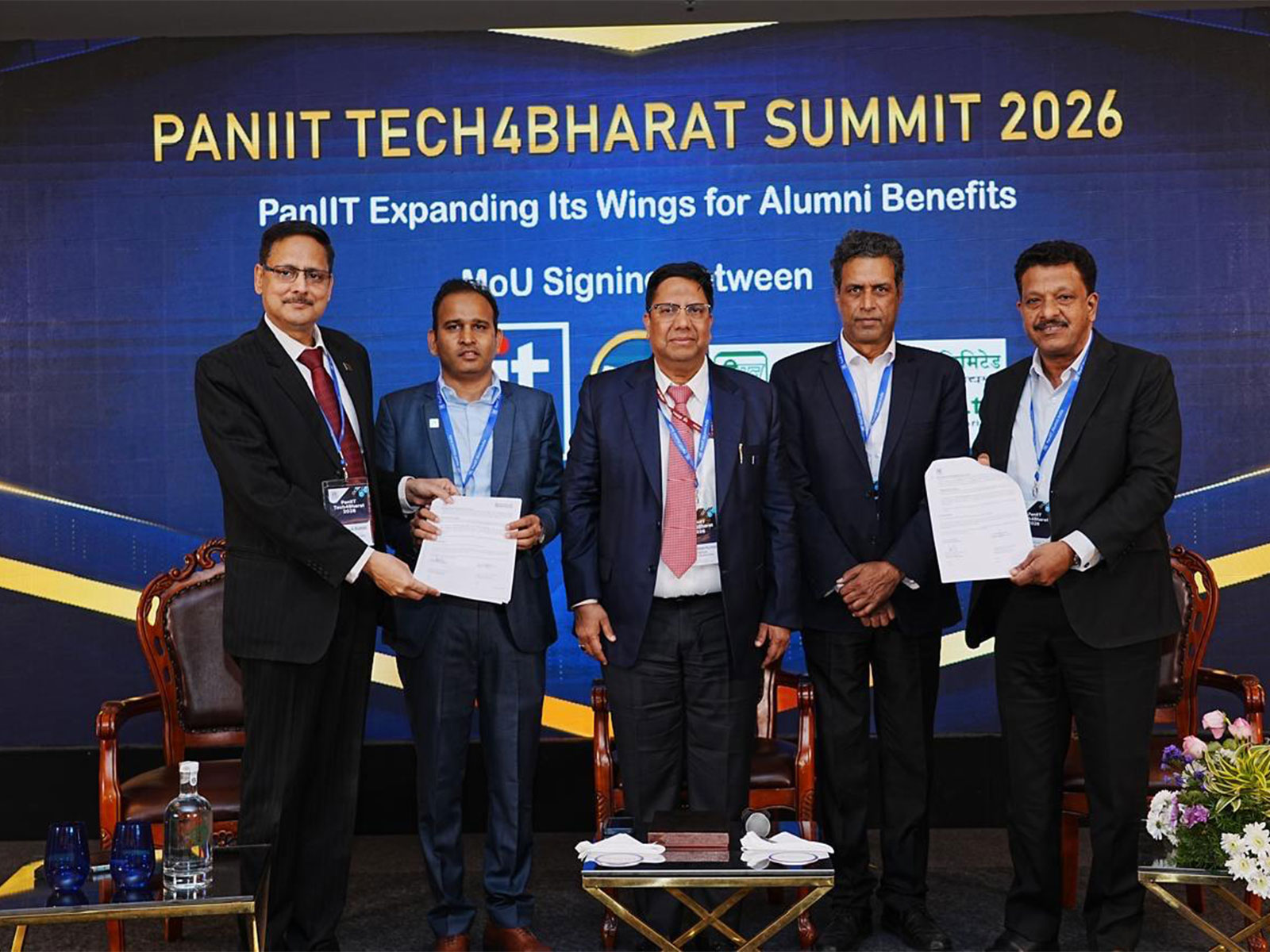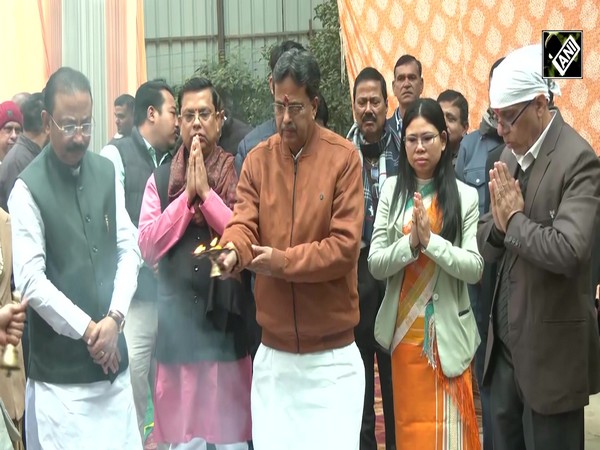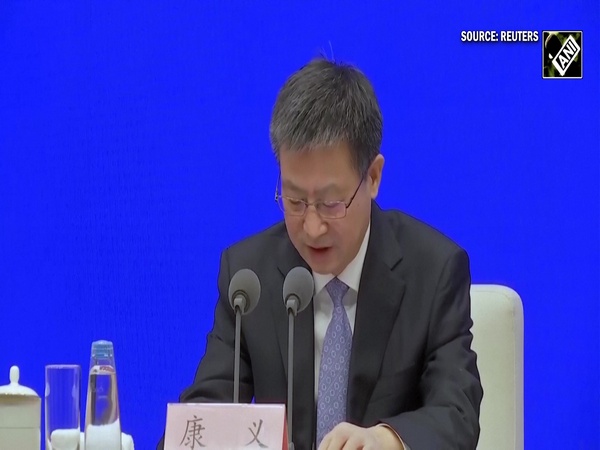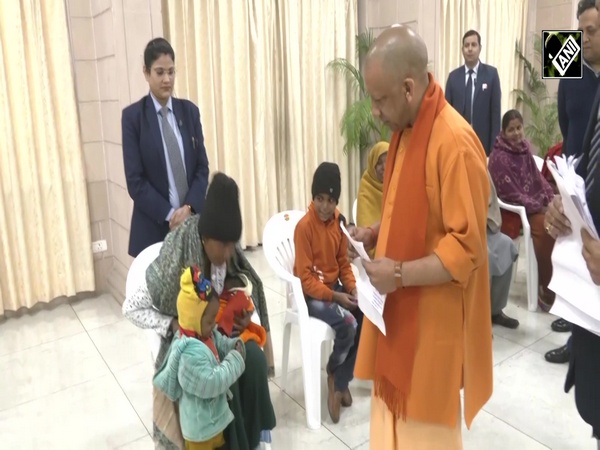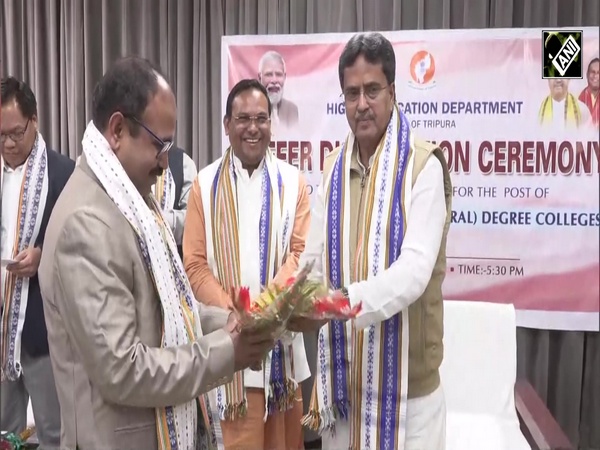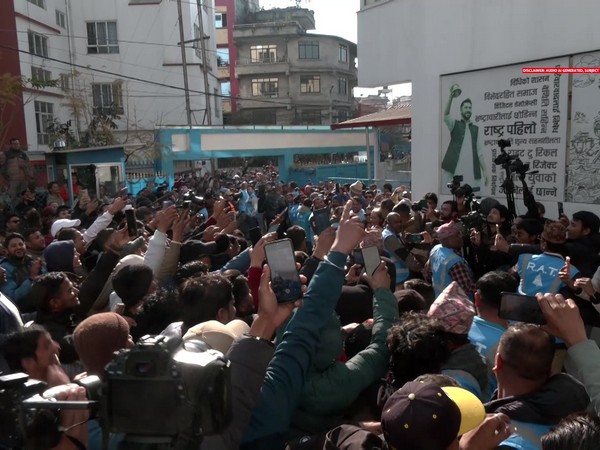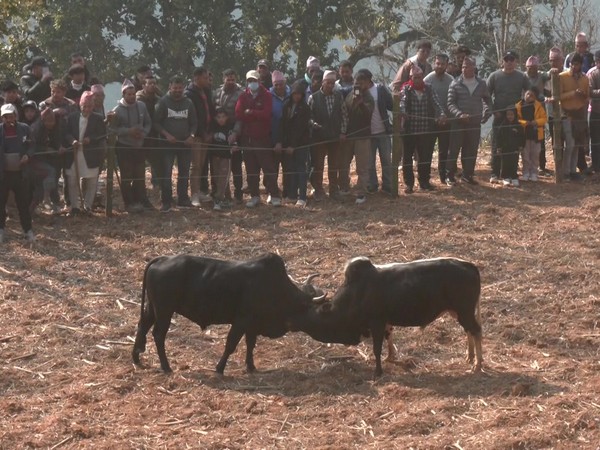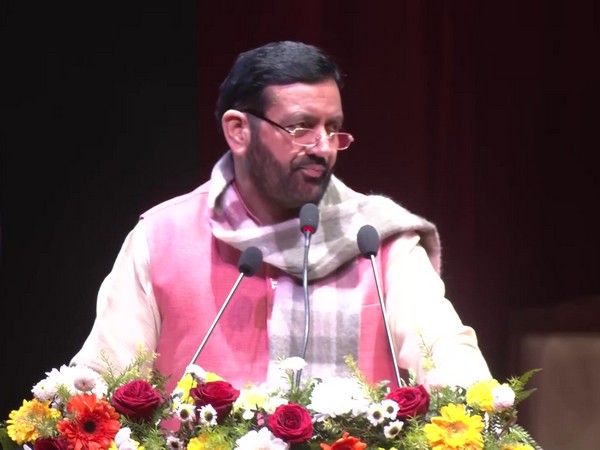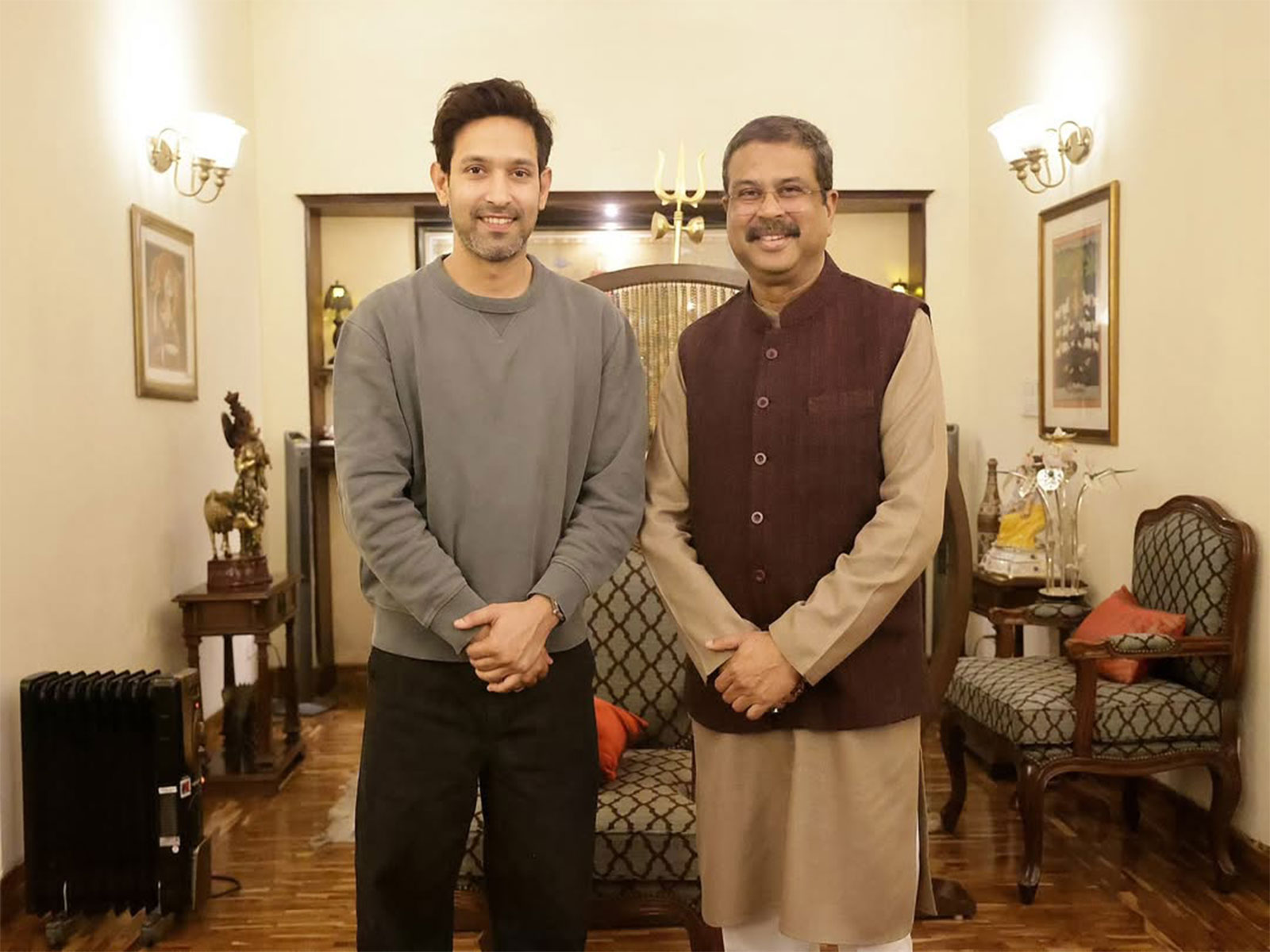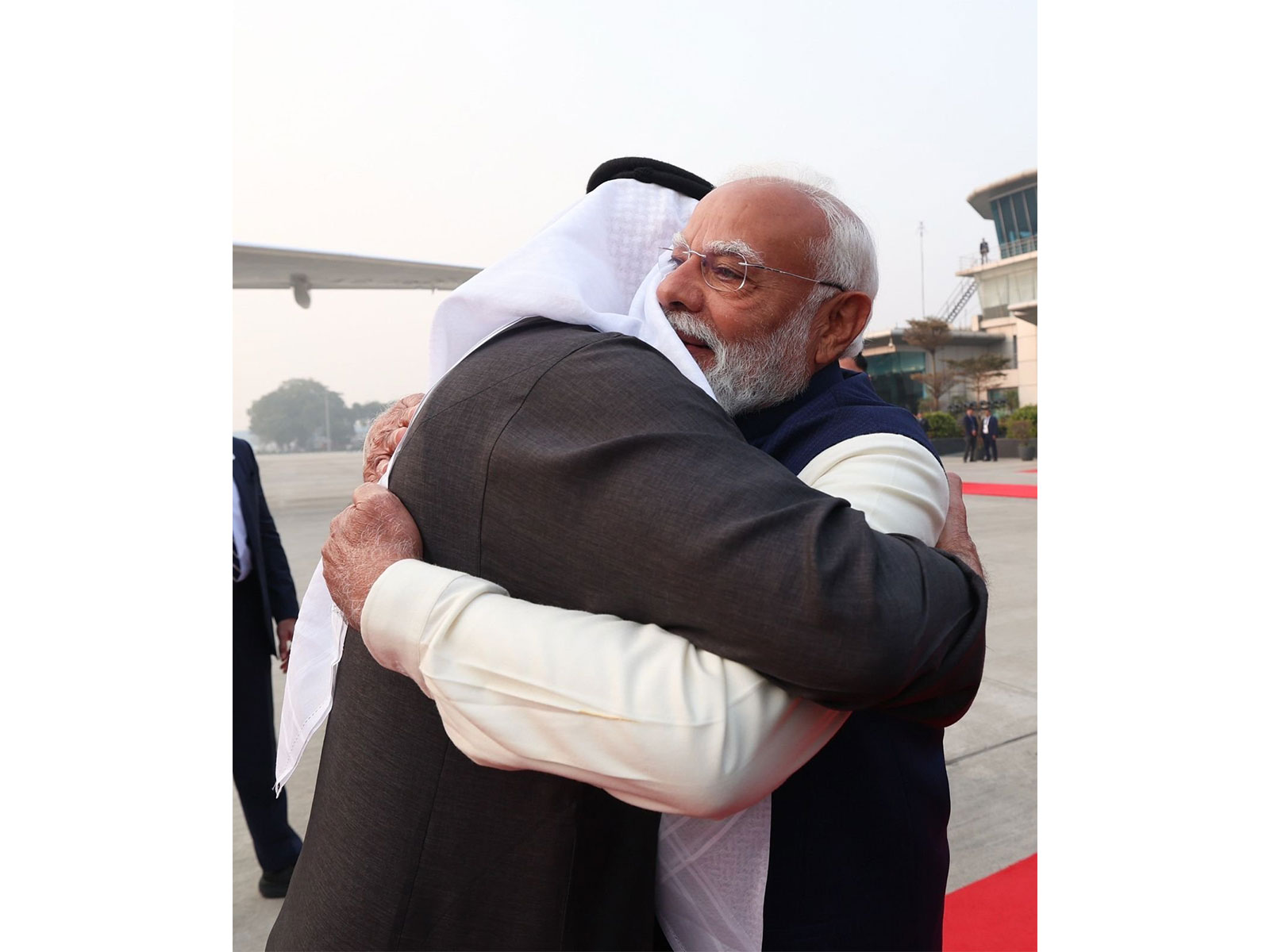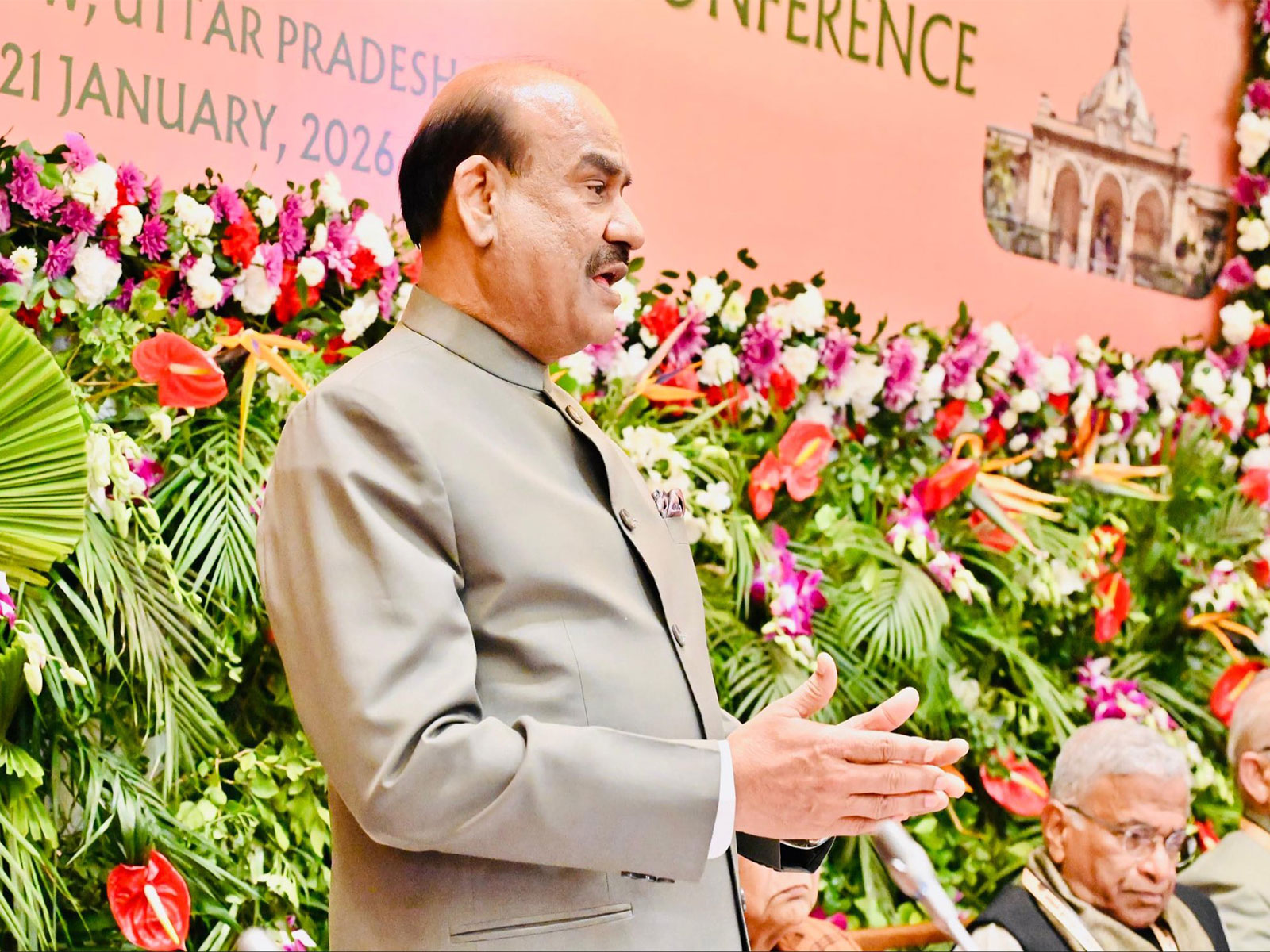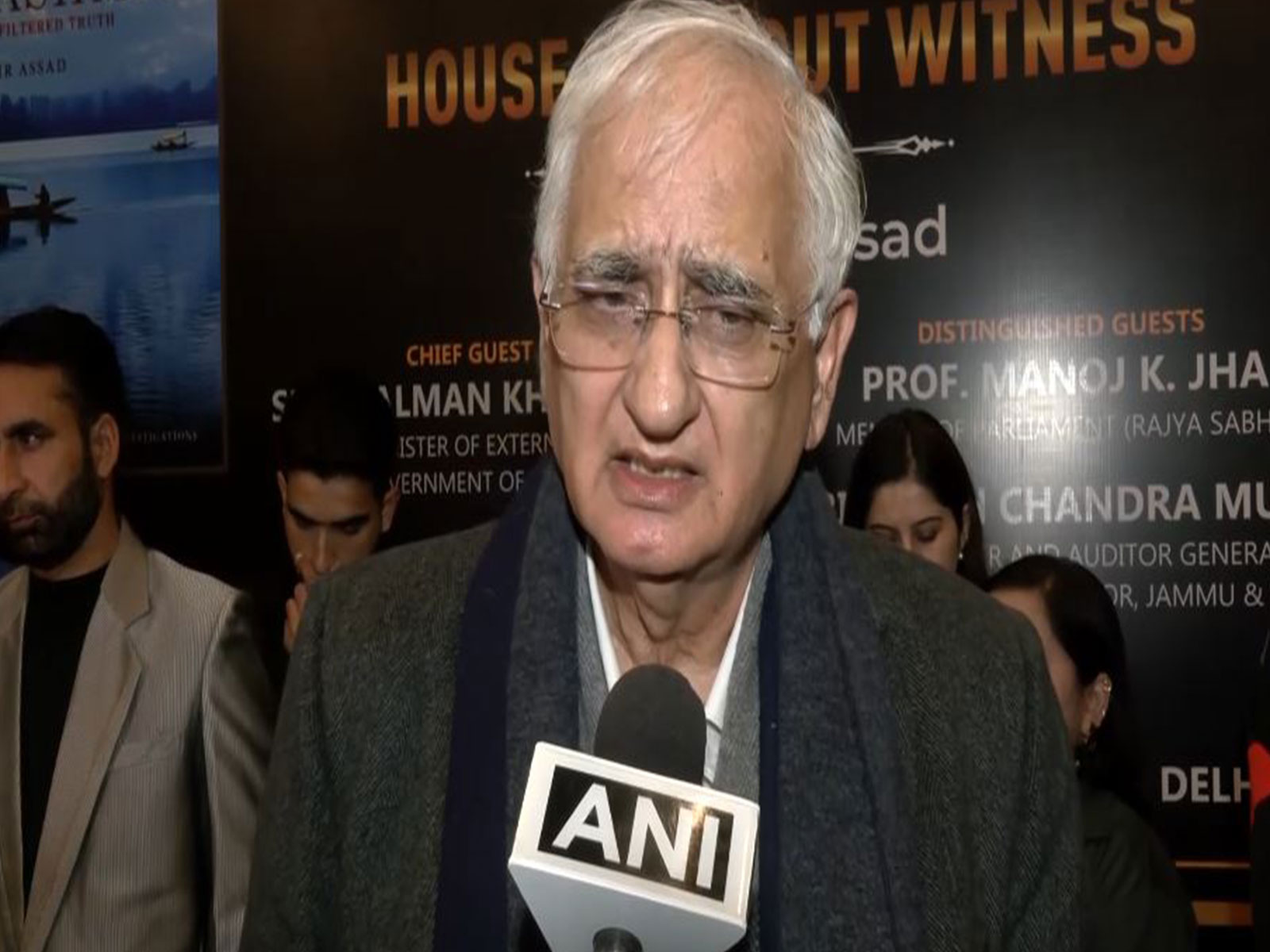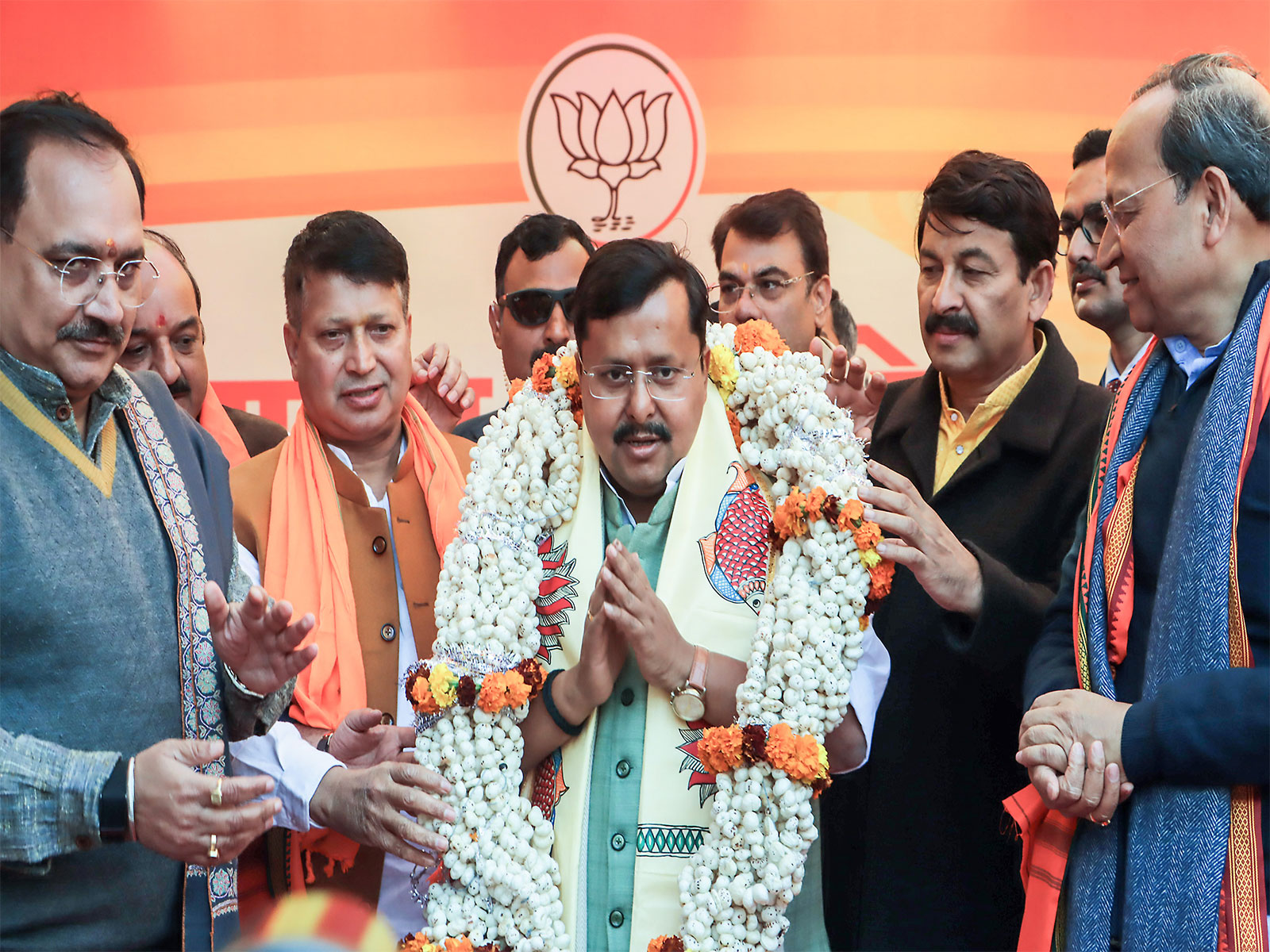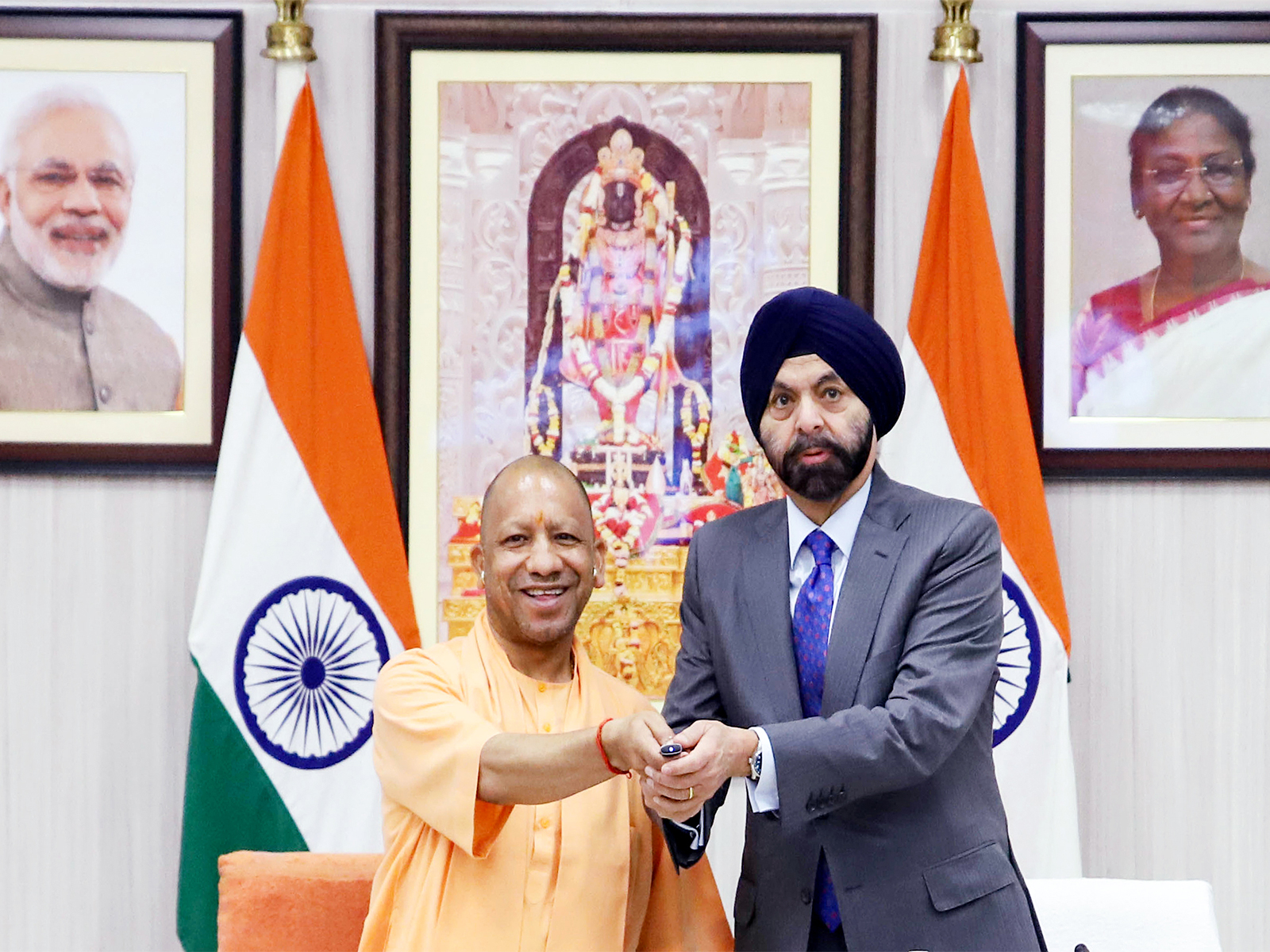
Uttar Pradesh shows success model of resilient farming, says World Bank President Ajay Banga
Oct 17, 2025
New Delhi [India], October 17 : World Bank President Ajay Banga has praised the Uttar Pradesh government for presenting a successful model of resilience-based agriculture that supports small farmers.
He said the State has effectively demonstrated how digital systems and cooperative frameworks can strengthen the agricultural ecosystem and improve livelihoods.
Banga shared these remarks during his address at the World Bank's annual meeting at the event AgriConnect: Farms, Firms, and Finance for Jobs.
He stated, "A couple of months ago I was in Uttar Pradesh and I saw all this come together. The foundation, the cooperatives, resilience, and most importantly, the glue that held it together, the digital system, and it delivered. Proof of concept is, it works, and we need to scale it. That's the ecosystem we want to replicate wherever possible"
Highlighting the importance of innovation and collaboration in agriculture, he said the World Bank aims to double its agri-business commitments to USD 9 billion a year by 2030. The target also includes mobilising an additional USD 5 billion from private sector sources.
He emphasised the need to share ideas openly and adopt successful models from different regions, saying, "Stealing shamelessly and sharing seamlessly is how we will succeed together."
The World Bank chief highlighted that resilience must be built into systems from the start and not added later. "Resilience is embedded in the beginning; it is not added later. Digital is the glue that holds the system together," he said.
Banga said the World Bank intends to replicate such successful agricultural ecosystems wherever possible to help farmers globally become more resilient and economically empowered.
The World Bank event AgriConnect aims to scale what works: building infrastructure and skills, improving rules and land systems, de-risking private capital, and helping smallholders boost productivity, access markets, and build resilience via insurance and climate-smart tech.
Banga also shared that agriculture has always been central to development, but the real challenge today is transforming it into a driver of jobs and income while ensuring food security at scale.
He said the focus should be on not just growing more food, but turning that growth into a business that delivers higher incomes for smallholder farmers and creates broader economic opportunities.
Explaining the need for such transformation, Banga pointed out that over the next 10 to 15 years, around 1.2 billion young people in developing countries will come of age, while current trends indicate only about 400 million jobs will be created.
"This gap, hundreds of millions, will either power the global economy or spill over into unrest and migration," he cautioned, adding that this is why the World Bank Group has made job creation its central mission.


